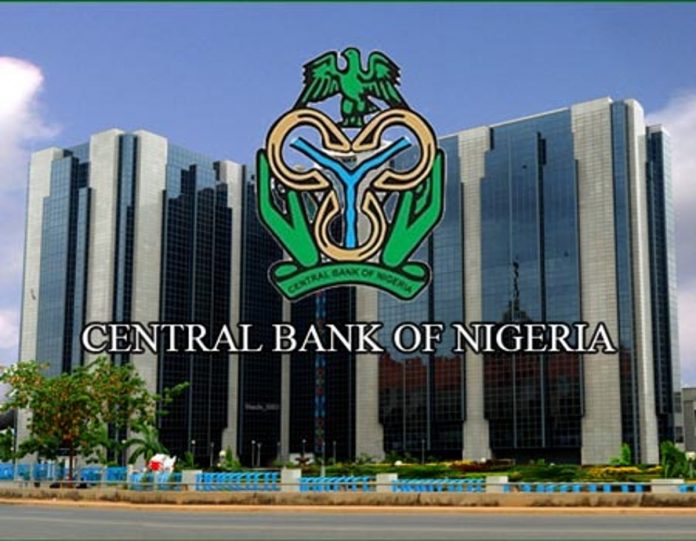By Jeph Ajobaju, Chief Copy Editor
Telecom operators say they are the ones who should handle mobile money transactions, contrary to the directive of the Central Bank of Nigeria (CBN) aimed at regulating a platform made more popular by pandemic restrictions.
The CBN wants only two models for mobile money services – (a) bank-led, where a bank and/or its consortium serves as lead initiator and (b) non-bank-led, where a corporate organisation licensed by the CBN serves as lead initiator.
Association of Licensed Telecommunication Operators of Nigeria (ALTON) Chairman, Gbenga Adebayo, told The PUNCH that the directive will slow down financial inclusion.
“We think penetration will be slow,” he said. “We are convinced that we are the industry with the ready infrastructure all over the country.
“If you talk about mobile penetration, use of mobile phones for financial service, the last mile is actually by the operators.
“The last mile to reach the people is by the operators. We are of the view that penetration would be slower than it should. We think the CBN should consider operators which are interested in offering these services.
“For the sake of speedy coverage and easy access, we are of the view that if operators are allowed to play well in that space, it will improve penetration and inclusion for more people.”
For rapid coverage and full inclusion, Adebayo argued, mobile operators have to take the lead.
The CBN said telcos will provide infrastructure to drive exchange of messages for mobile payments, but even though it allows for a non-bank-led model, telcos are not considered.
“The introduction of mobile telephony in Nigeria, its rapid growth and adoption and the identification of person-to-person payments as a practical strategy for financial inclusion, has made it imperative to adopt the mobile channel as a means of driving financial inclusion of the unbanked,” the CBN explained.
“This model allows a corporate organisation that has been duly licensed by the CBN to deliver mobile money services to customers.
“The lead initiator shall be a corporate organisation (other than a deposit money bank, a national primary mortgage bank, a national microfinance bank or a telecommunication company) specifically licensed by the CBN to provide mobile money services in Nigeria.”
But Association of Telecommunications Companies of Nigeria (ATCON) Chairman, Ikechukwu Nnamani, told The PUNCH that the CBN should have taken a cue from the success of M-Pesa by Safaricom in Kenya.
Said he: “The CBN has decided to go the route where telcos are not taking the lead. Following the most successful example of mobile money in Africa, which is the Safaricom M-Pesa experiment, we had believed that making it telco-led would lead to greater adoption because a lot of people are already on the telecom platform.
“Making it telecom-led would have led to faster adoption; today we have more telecom subscribers than people in the banking industry, but in CBN’s wisdom, they still feel it is better to keep making it bank-led.
“So, all we would do for now is see how to work together with the banking industry to make financial inclusion something that is very much available to Nigerians.”
Nnamani added that the rate of adoption would depend on how the telecom industry and financial industry work together.
According to the Nigeria Inter-Bank Settlement System (NIBSS), there were 160,038,000 bank accounts in Nigeria as of May 2020.
The four major telecom companies – MTN, Airtel, Globacom, and 9Mobile – had 191,934,138 subscribers in May 2020, according to the Nigerian Communications Commission (NCC)
New regulatory framework
The CBN clarifies that “this regulatory framework addresses business rules governing the operation of mobile money services, and specifies basic functionalities expected of any mobile money service and solution in Nigeria.
“It identifies the participants and defines their expected roles and responsibilities in providing mobile money services in the system. In addition, it sets the basis for the regulation of services offered at different levels and by the participants.
“The CBN recognises the importance of Mobile Network Operators (MNO) in the operations of mobile money services and appreciates the criticality of the infrastructure they provide.
“However, the telco-led model (where the lead initiator is an MNO) shall not be operational in Nigeria.
“Its exclusion will enable the CBN have full control of monetary policy operations, minimise risks and ensure that the offerings of financial services are driven by organisations that have been licensed by the CBN to do so.”
The regulators for this new framework are the CBN and the NCC.




